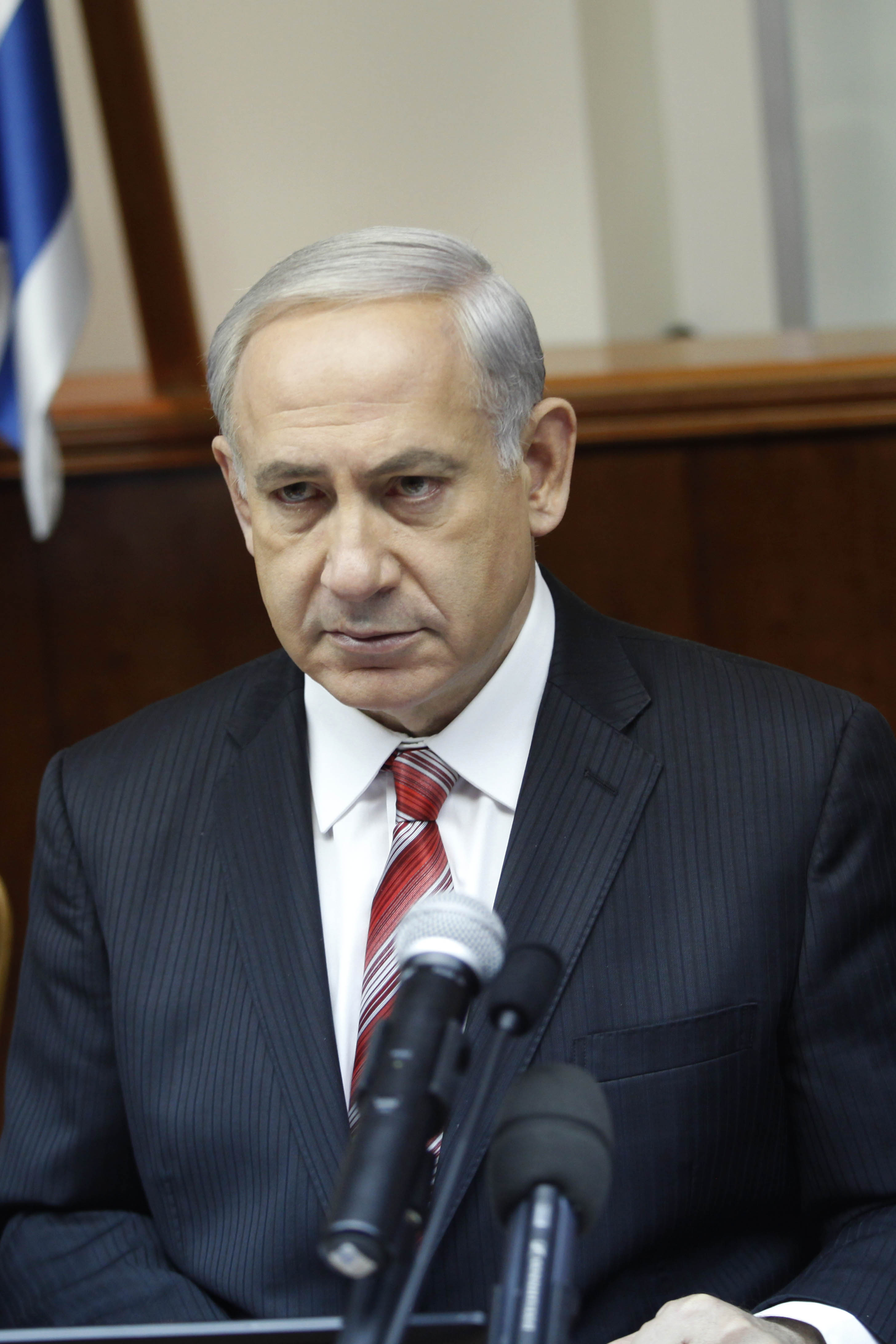CAIRO: Egypt’s balance of payments swung sharply into surplus in the financial year to end-June as portfolio investments in the country surged, the central bank said on Monday.
The strong figures, which indicate the government is in a solid position to defend the Egyptian pound exchange rate, reflect solid Suez Canal revenue, tourism and remittances from workers abroad, economists said.
"The improved balance of payments reflects a slow rebound in global growth, which resulted in a slight increase in services receipts, including Suez Canal revenue, remittances and tourism," said economist Reham ElDesoki of Beltone Financial.
The balance of payments surplus for 2009/10 was $3.36 billion versus a deficit of $3.38 billion in 2008/09.
This implies a balance of payments surplus for the April-June quarter of $249.7 million versus a deficit of $1.04 billion a year earlier, according to Reuters calculations.
Net portfolio investment, which consists mainly of investments in equity and Treasury bills and bonds, leapt to $7.88 billion from a net outflow of $9.21 billion in 2008/09.
The surplus for the April-June quarter was $768.1 million versus a $154.9 million deficit a year earlier.
The 2009/10 portfolio investment figure included $5 billion in foreign purchases of Egyptian Treasury bills, the central bank said.
The current account deficit shrank to $4.32 billion from $4.42 billion in 2008/09, the bank said. For the quarter, the deficit widened to $1.71 billion from $994.1 million.
"The strong numbers suggest that the central bank is well placed to manage the Egyptian pound and that recent weakness is not being driven by a deterioration in external account flows," said Simon Williams, an economist with HSBC.
Defense
The pound has hit a series of lows against the dollar in the last four months as the slowing US economy caused investors to shed riskier assets globally and buy US treasury bonds, seen as a safe haven in times of economic uncertainty.
Traders say authorities often step in indirectly to help manage the exchange rate within the pound’s managed float.
The pound closed unchanged at 5.701 to the dollar on Monday.
Mohamed Abu Basha, an economist with EFG-Hermes, said the current account was likely to remain in deficit in the coming year, financed by foreign direct investment and portfolio outflows.
"Egypt remains attractive because of the growth outlook, plus the carry trade remains attractive because of the stability of the currency and the high yield on government debt," he said.
Net foreign direct investment during the year fell to $6.76 billion from $8.11 billion. This included $3.6 billion in investments in the petroleum sector, down from $5.4 billion in the previous year.
The country’s trade balance narrowed to $25.12 billion from $25.17 billion, the central bank said.
"In general, there were no big surprises, except for remittances, which were very strong for the last two quarters in a row," Abu Basha said.
Private transfers from abroad, mainly remittances from Egyptian working overseas, soared to $4.19 billion in the April-June quarter from $1.78 billion a year earlier.
Private transfers from abroad for the full year rose to $9.51 billion in 2009/10 from $7.63 billion in 2008/09, the bank said.


